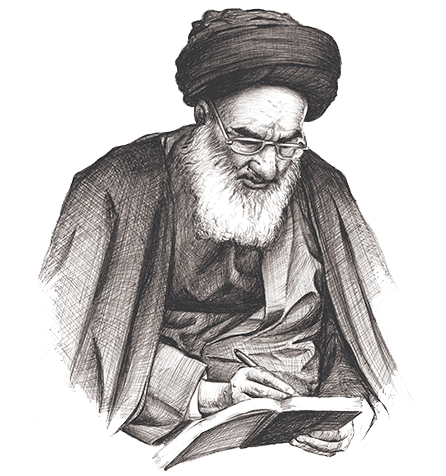Ahl al-Bayt: The Guardians of the Sira
The following translation is part of a talk given by Dr. Sayyid Hossein Modarressi Tabataba’i in 1977, which was later published as an article in the book Tārīkhīyyāt. In the Q&A after the talk, the late Dr. Zaryab Khu’i inquired, in relation to the issue of slavery, about taking into consideration the conduct of the … Read more



















